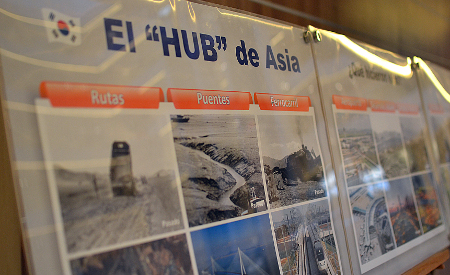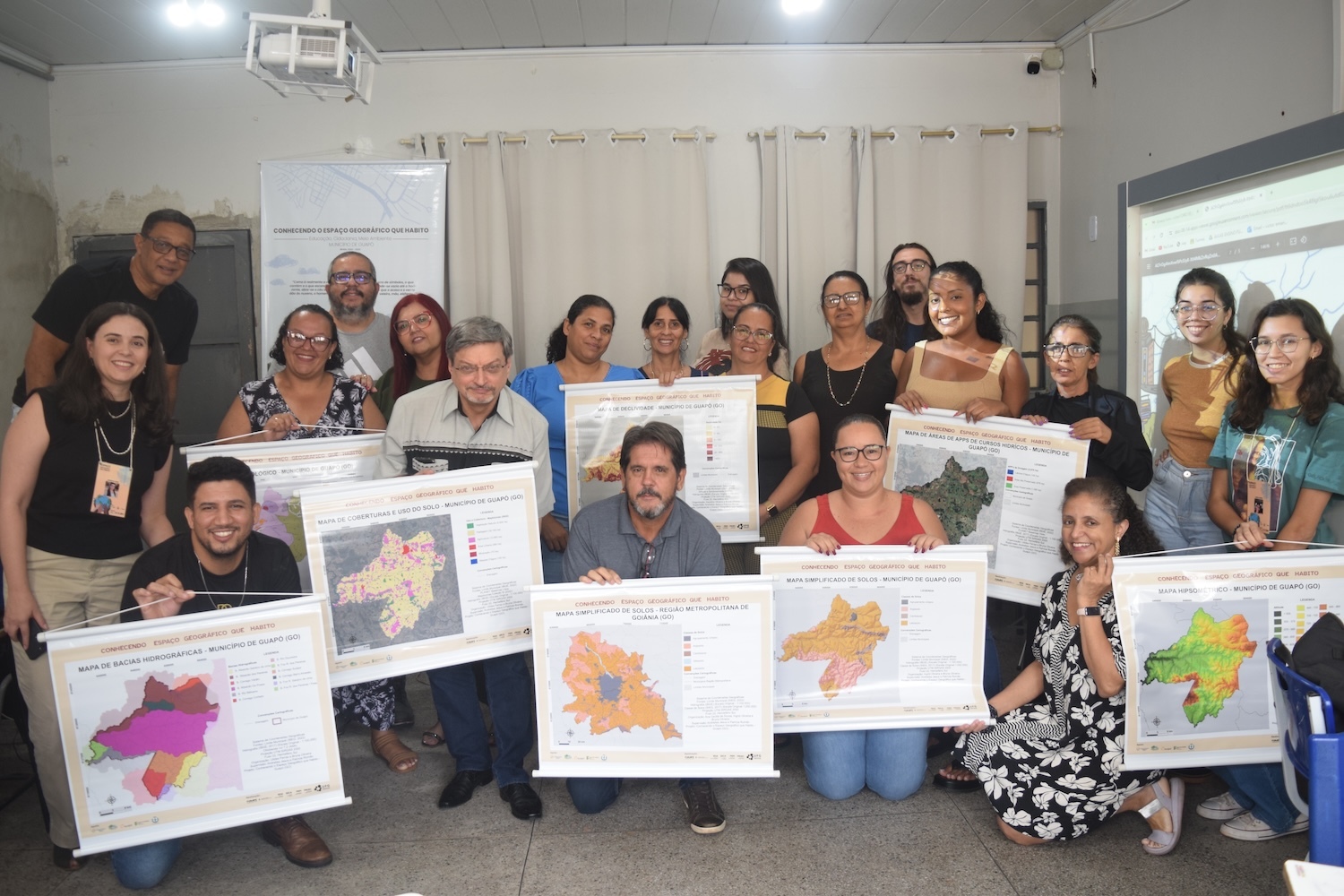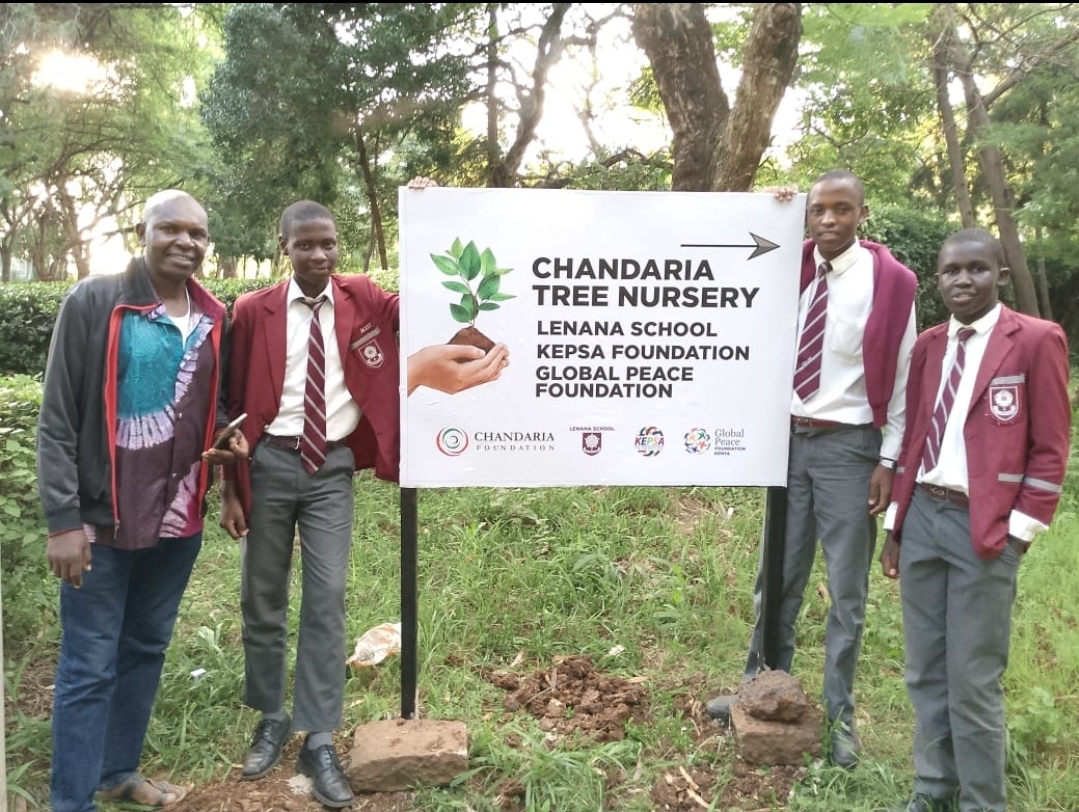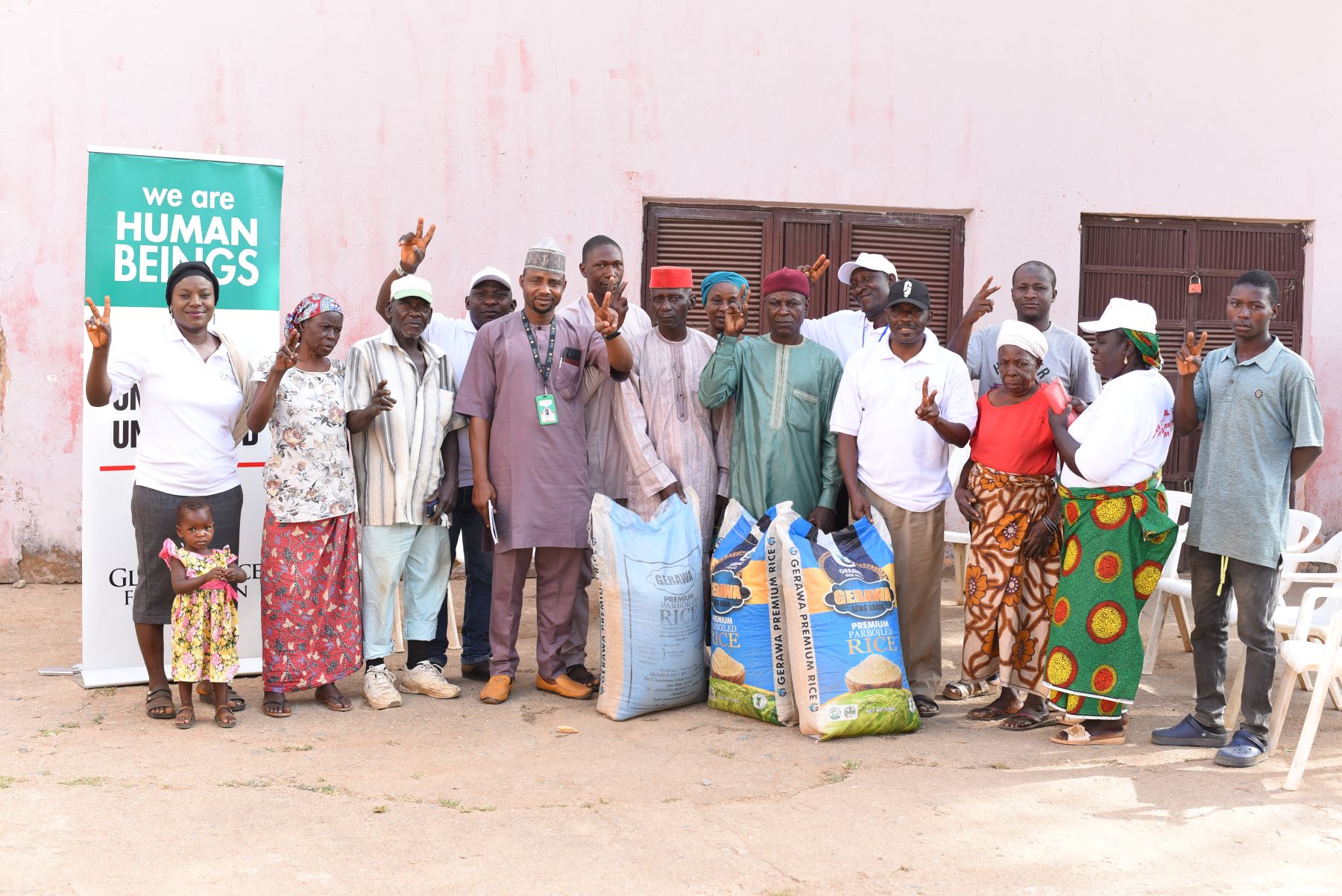A culture of work and saving, freedom to engage in business enterprises, and empowerment of people through access to public services, such as education, health, and infrastructure, are all essential for the encouragement of entrepreneurship and in the contributions of entrepreneurs to national development, said Monica Perez Dos Santos, the former President of the Central Bank of Paraguay, at a business forum during the 2014 Global Peace Convention in Asuncion on November 20, 2014.

Speakers for forum Entrepreneurship: Key to Sustainable Development and Poverty Reduction (left to right): Mr. Douglas Bucalem, a Brazilian businessman and entrepreneur, Hon. Yang Chang Young, a member of the National Assembly of the Republic of Korea, H.E. Raul Cubas, former president of Paraguay, engineer, and former tax minister, Monica Perez Dos Santos, the former President of the Central Bank of Paraguay.
The forum, Entrepreneurship: Key to Sustainable Development and Poverty Reduction, explored how entrepreneurs create practical, efficient solutions that generate employment opportunities, revenue and building blocks of economic growth.
Ms. Dos Santos added that legal infrastructure to enforce contracts and collect debt are also critical aspects of an environment that supports entrepreneurship and economic growth.
Former Paraguayan President Raul Cubas, an engineer, and former tax minister opened his remarks with an anecdote about Siemens Corporation in post-war Germany. The lesson, he suggested, was that productivity is a product of proper management of resources, rather than of mere material means and that the market is important and cannot be controlled by political means.
The former president observed that development either by government projects or through the private sector was a false dichotomy. Using the German miracle as an example, Mr. Cubas stressed the importance of cooperation between government and the private sector. He said such cooperation is, in fact, necessary to attain sustainable development—development that meets present needs without sacrificing the ability of future generations to meet their needs.
Mr. Douglas Bucalem, a Brazilian businessman and entrepreneur, involved in many social ventures, spoke ” from the heart.” He talked about his country as a friendly place with an inviting business climate. He shared his experience as an entrepreneur and efforts in incorporating principles of Corporate Social Responsibility into his enterprises, as well as his appreciation for the role of government and political leaders.

Congressman Chang young Yang, representing the Republic of Korea, recognized the international contribution to Korea’s marked economic development over the last 60 years since the Korean War. He committed to promoting further investment from Korea into Paraguay.
Congressman Chang young Yang, a member of the National Assembly of South Korea closed the session by relating stories of Koreans who had to immigrate to places like Paraguay and Brazil to seek new opportunities and forge a new life after the devastation of World War II. He spoke at length about the difficulties of growing up in Korea during that epoch, and said Korea owed a great debt to the world for its success in the last few decades, which would not have been possible without international trade, and aid from abroad.
Mr. Yang expressed gratitude to the Paraguayans in the audience, thanking Paraguay for accepting Koreans in the past. He said Korea owes a debt to Paraguay and is committed to encouraging investments from Korean.
The forum was part of the Global Peace Convention, Roadmap for National Transformation: Liberty, Prosperity and Integrity through Moral and Innovative Leadership. The Convention concludes on November 21.



